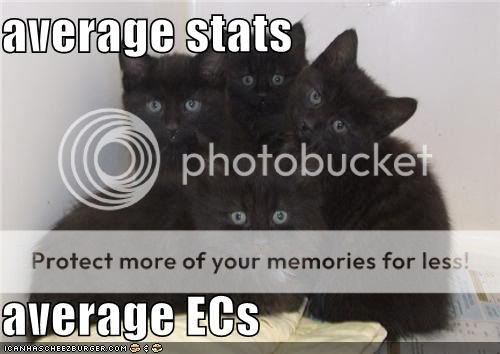- Joined
- Jul 18, 2008
- Messages
- 6,234
- Reaction score
- 1,658
When you've got multiple people that can do the same stuff, what else do you do? Flip coins? Why not pick one out the them that can do a little more. Multiply that by the thousands of applicants. It's not any different than any other selection process be it Ms. America or the Rhodes Scholarship.
Oh, I don't know. How about judging applicants on relevant criteria. You know, MCAT, GPA scores, and research at research heavy schools? Not pointless checklist bull**** like mopping floors in a nursing home for 200 hours, standing in a corner watching a physician for 50 hours, joining a dozen clubs just to hold an artificial title and list it on a primary application, etc. I'd rather be filtered by hard data and let my fate be decided by a random selection than deal with intangible bull**** like "the interviewer was fascinated with the other guy's missionary to Tanzania and his unicycle hoolahooping talents so he chose him over me."








